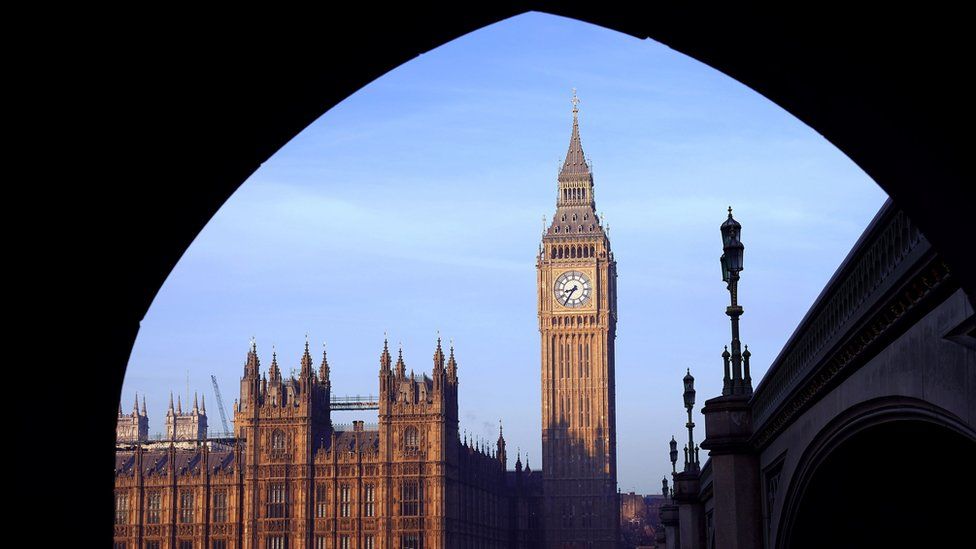ARTICLE AD BOX
 Image source, PA Media
Image source, PA Media
By Henry Zeffman
Chief political correspondent
Politicians who focus on foreign policy should only be able to hire staff who have had extra security vetting, a Labour MP has said.
The arrest of a researcher in Parliament accused of spying for China has reignited debate about how the UK handles relations with Beijing.
But it has also prompted concern among MPs that the researcher had a pass granting him access to Parliament.
The researcher has issued a statement saying he is "completely innocent".
Over the weekend, The Sunday Times reported that he had access to security minister Tom Tugendhat and Foreign Affairs Committee chairwoman Alicia Kearns, among others.
Around 14,000 people have access to the Palace of Westminster, all of whom are subject to security vetting.
Parliamentary officials verify their identities, their criminal and security records and require them to complete a questionnaire about their family background. There is not typically an in-person interview.
Neil Coyle, a Labour member of the Foreign Affairs Committee, told the BBC that staff working for him and other MPs involved in sensitive subjects should receive extra vetting.
He told the BBC: "Parliament should automatically and routinely check staff working for MPs on sensitive issues including foreign affairs and defence. Enhanced checks would be welcome to almost all MPs and help reduce some risks.
"Given the level of exposure this should be routine and cannot be overlooked any longer given the resources other states now invest targeting Westminster."
Sir Lindsay Hoyle, the Commons Speaker, will address MPs when Parliament opens on Monday afternoon, and is likely to discuss the questions for parliamentary security.
Ms Kearns has been chairwoman of the Foreign Affairs Committee since October last year. She succeeded Mr Tugendhat after he became Liz Truss's security minister, a position he has retained in Rishi Sunak's cabinet.

 1 year ago
34
1 year ago
34








 English (US)
English (US)